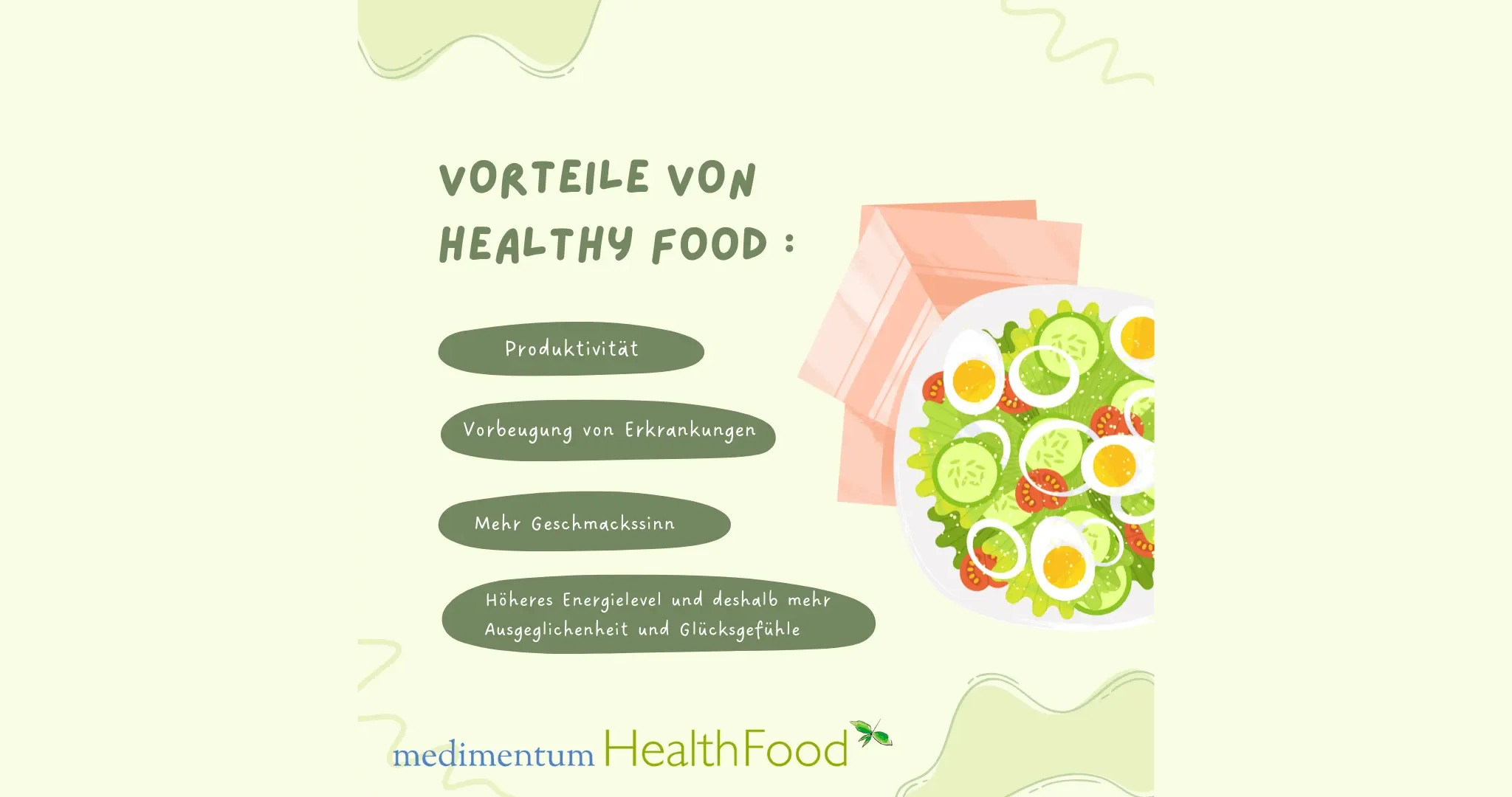A wholesome and balanced diet ensures an adequate supply of energy and nutrients, vitamins, minerals and trace elements. So much for the very easy to understand theory. However, translating this into practice is not always that easy. An aggravating circumstance such as cancer increases the problem: a healthy diet for a better quality of life.
Food Pyramid
A healthy, balanced, varied diet promotes good health. This project is supported in everyday life by a so-called food pyramid. It generally reflects the nature and relative proportion of the daily dietary components. The Federal Center for Nutrition (BZfE) advocates that fun and enjoyment should play an important role in eating and drinking. In the model of the food pyramid, foods are therefore grouped into modules and portion sizes in order to provide a very easy orientation for a balanced daily diet (see figure). In addition, the individual modules were divided into traffic light colors to emphasize which foods should be consumed “abundantly”, “moderately” or “sparingly”. According to the food pyramid, nutrients from “superfood” should contain health-promoting properties.
Superfood
The term “superfood” is per se a buzzword and marketing invention. It suggests a superior quality. Foods are referred to as superfoods in advertisements when they are said to be particularly beneficial to health and wellness. But that’s often just window dressing. Exotic mostly non-regional plants and extracts are not automatically health-promoting. However, there are experimental studies that certify the positive properties of the nutrients in some superfoods. A positive signal for the superfood trend. Many scientists are nevertheless critical. Because the studies are only based on cell and animal experiments. They usually only examine individual active ingredients, but not the food as a whole. A certain skepticism is therefore appropriate when superfood is sometimes even intended to alleviate health problems.
Those affected by cancer should nevertheless pay conscious attention to their diet. The power of nutrition can have healing effects and should be chosen systematically.
Strategies to reduce cancer risk
The preventive effect of nutrition in cancer (e.g. before a recurrence) and individual foods should not be viewed in isolation. It only comes into play when combined with exercise and a healthy lifestyle. A person who eats well but smokes and does not exercise has an increased risk of cancer. Further risk factors that can influence the physical condition can be found in the European Cancer Code — Rules against Cancer. Rule 5 is: “Eat a balanced and healthy diet.”
Conscious eating is the best strategy for a balanced and healthy diet. In the case of cancer, professional advice is the central building block. Nutritional counseling serves to prevent malnutrition, as well as to treat malnutrition that may be necessary. Nutritional screening and nutritional advice support cancer therapy by helping to maintain or improve nutritional status. This can prevent unwanted weight loss and the loss of muscle mass that is often associated with it. Patients with a good nutritional status have more strength, more energy and a better defense against infections and thus a better quality of life. After all, a healthy lifestyle can prevent cancer.
For inspiration for a better sense of taste and thus conscious nutrition: promoting the sense of taste: Prof. Michalsen (12:27min)
Prof. Andreas Michalsen, an expert in naturopathy and nutrition, reports on the sense of taste from a medical perspective and gives tips on how to improve it.
Sources
Cancer information service from the DKFZ
https://www.krebsinformationsdienst.de/
Prof. Andreas Michalsen: Ovarian Cancer Foundation
https://stiftung-eierstockkrebs.de/rueckblick-welteierstockkrebstag-2022/
https://youtu.be/8MXYv_zp3uc
Immanuel Hospital Berlin
https://naturheilkunde.immanuel.de/
Federal Center for Nutrition (BZfE)
https://www.bzfe.de/
Bavarian Cancer Society — European Cancer Code
https://www.bayerische-krebsgesellschaft.de/

